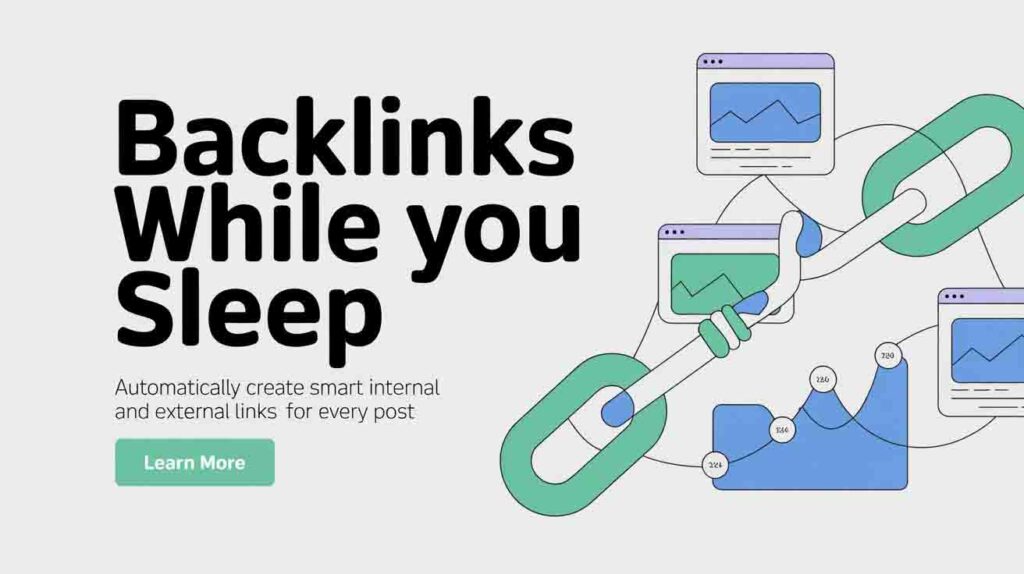Empowering Teens Online: FOSI’s Balanced Digital Life Guide
Note: This post may contain affiliate links, and we may earn a commission (with No additional cost for you) if you make a purchase via our link. See our disclosure for more info.
The article, informed by the Family Online Safety Institute (FOSI) and Google's Future Report, advocates for a significant shift in how we support teens in their digital lives, moving “beyond bans” towards a holistic empowerment model. This approach defines effective support not merely as restricting access but as equipping young people with the essential skills, resilience, and critical thinking necessary to navigate the online world safely, responsibly, and productively. It acknowledges that today's digital natives require guidance to thrive in an interconnected environment, rather than just protection from perceived dangers, emphasizing proactive education over reactive prohibition.
A primary benefit of this comprehensive strategy is fostering robust digital literacy, enabling teens to discern misinformation, understand privacy implications, and engage in positive online interactions that facilitate learning and connection. It promotes open communication between teens, parents, and educators, building trust and encouraging honest dialogue about online experiences, which is vital for addressing challenges effectively. By involving teens in setting boundaries and understanding the ‘why' behind rules, they develop greater agency and self-regulation, crucial for long-term digital well-being. This method also significantly reduces the likelihood of teens hiding their online activities, a common and counterproductive risk associated with overly restrictive policies.
Conversely, the traditional “bans” approach, while seemingly protective, carries significant risks. It often fails to teach essential critical thinking skills, can lead to feelings of being policed, and may inadvertently push teens towards less visible or riskier online behaviors. Without foundational digital skills, young people remain vulnerable to issues like cyberbullying, online exploitation, the spread of misinformation, and the mental health impacts of constant digital engagement.
Specific strategies highlighted include encouraging consistent, open dialogue about online activities, actively teaching digital literacy through practical examples, and adults modeling responsible tech use. Tools like Google's Family Link are presented as supportive resources, not ultimate solutions, emphasizing their role in facilitating conversations and setting healthy boundaries collaboratively. FOSI champions this balanced perspective, advocating for policies and practices that empower young people to harness the vast benefits of the digital world while effectively mitigating its inherent risks, ultimately fostering a generation of confident, responsible, and resilient digital citizens.

